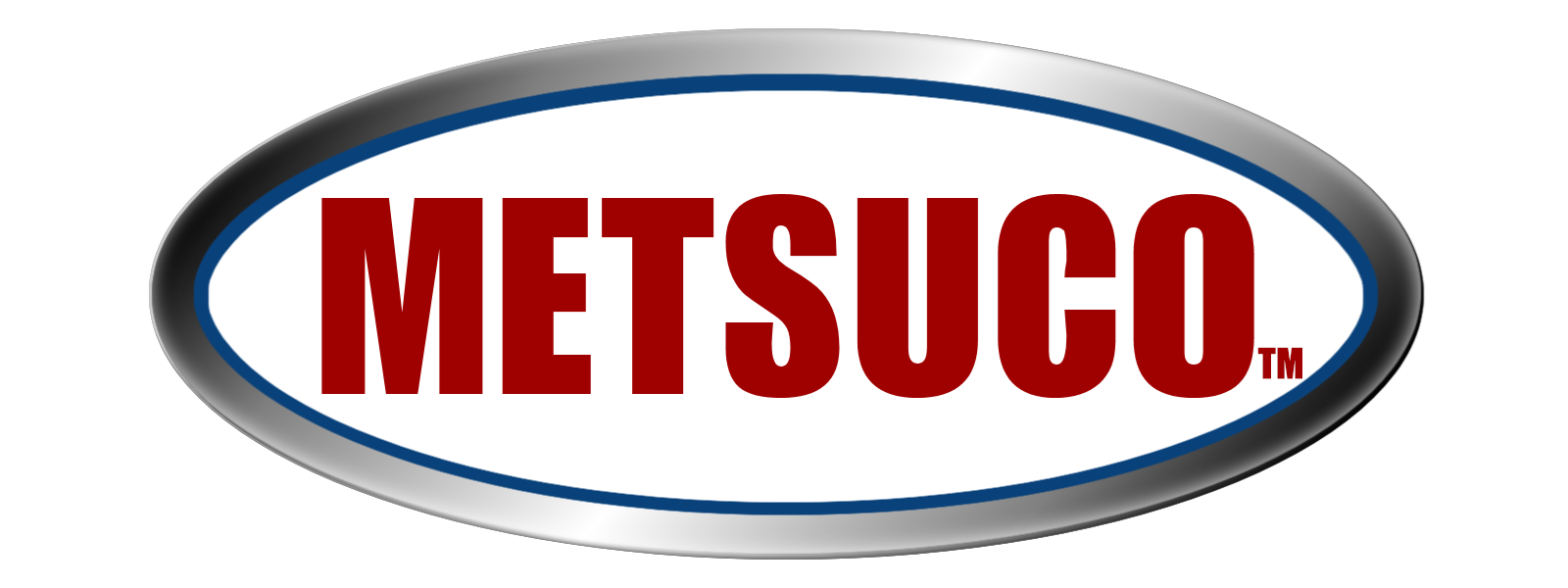No products in the cart.
Return To ShopThe Importance of Calibration in Metrology Instruments
Ensuring Accuracy Over Time
In the world of material testing and quality control, precision is everything. Whether in metallurgy, aerospace, manufacturing, or research, metrology instruments play a crucial role in ensuring accurate measurements. However, even the most advanced measurement tools can drift out of tolerance over time due to regular use, environmental factors, and mechanical wear. That’s why regular calibration is critical to maintaining the reliability of your instruments and ensuring compliance with industry standards.
What Is Calibration?
Calibration is the process of comparing an instrument’s measurements to a known standard to detect and correct any deviations. The goal is to maintain measurement accuracy and consistency over time. This process often involves adjusting the instrument or applying a correction factor to bring readings back within acceptable limits.
Why Is Regular Calibration Necessary?
Without proper calibration, metrology instruments can provide inaccurate readings, leading to costly mistakes and potential compliance issues. Here’s why calibration should be a priority:
1. Ensures Measurement Accuracy
Over time, instruments can experience slight shifts in performance due to repeated use, temperature changes, and mechanical wear. Regular calibration keeps these deviations in check, ensuring your measurements remain precise and reliable.
2. Maintains Compliance with Industry Standards
Many industries have strict regulatory requirements for measurement accuracy. Standards such as ISO 9001, ASTM, and NADCAP require routine calibration to ensure consistency in testing and manufacturing processes. Failure to calibrate could lead to non-compliance, rejected parts, and even legal consequences.
3. Reduces Costly Errors & Product Defects
Inaccurate measurements can lead to defective products, rework, and wasted materials. For metallurgical labs, incorrect hardness testing, thickness measurements, or chemical analysis could compromise the integrity of metal components. Calibration helps prevent these costly mistakes before they happen.
4. Extends the Lifespan of Instruments
Routine calibration and maintenance help identify potential issues before they become major problems. Addressing minor discrepancies early can prevent damage to the instrument and extend its operational life, reducing the need for costly replacements.
5. Enhances Customer Trust & Reputation
For businesses that rely on precision measurement, maintaining properly calibrated instruments builds trust with clients. Reliable data assures customers that your products meet high-quality standards, strengthening your reputation in the industry.
How Often Should You Calibrate?
The frequency of calibration depends on several factors, including:
- Manufacturer Recommendations – Follow the suggested calibration schedule for each instrument.
- Usage Frequency – Heavily used instruments require more frequent calibration.
- Environmental Conditions – Temperature, humidity, and exposure to dust or chemicals can impact measurement accuracy.
- Industry Requirements – Compliance standards may dictate specific calibration intervals.
Choosing the Right Calibration Service
When selecting a calibration service, consider:
- Accreditation – Look for ISO 17025-certified calibration labs.
- Traceability – Ensure calibrations are traceable to national or international standards.
- Turnaround Time – Minimize downtime by working with a provider that offers efficient service.
METSUCO: Your Partner in Precision
At METSUCO, we understand the importance of maintaining accuracy in metrology instruments. We offer high-quality calibration services and precision measurement solutions to keep your lab running efficiently and in compliance with industry standards.
Don’t let measurement drift compromise your results—contact METSUCO today to schedule your calibration service and ensure accuracy in every test!


Add comment